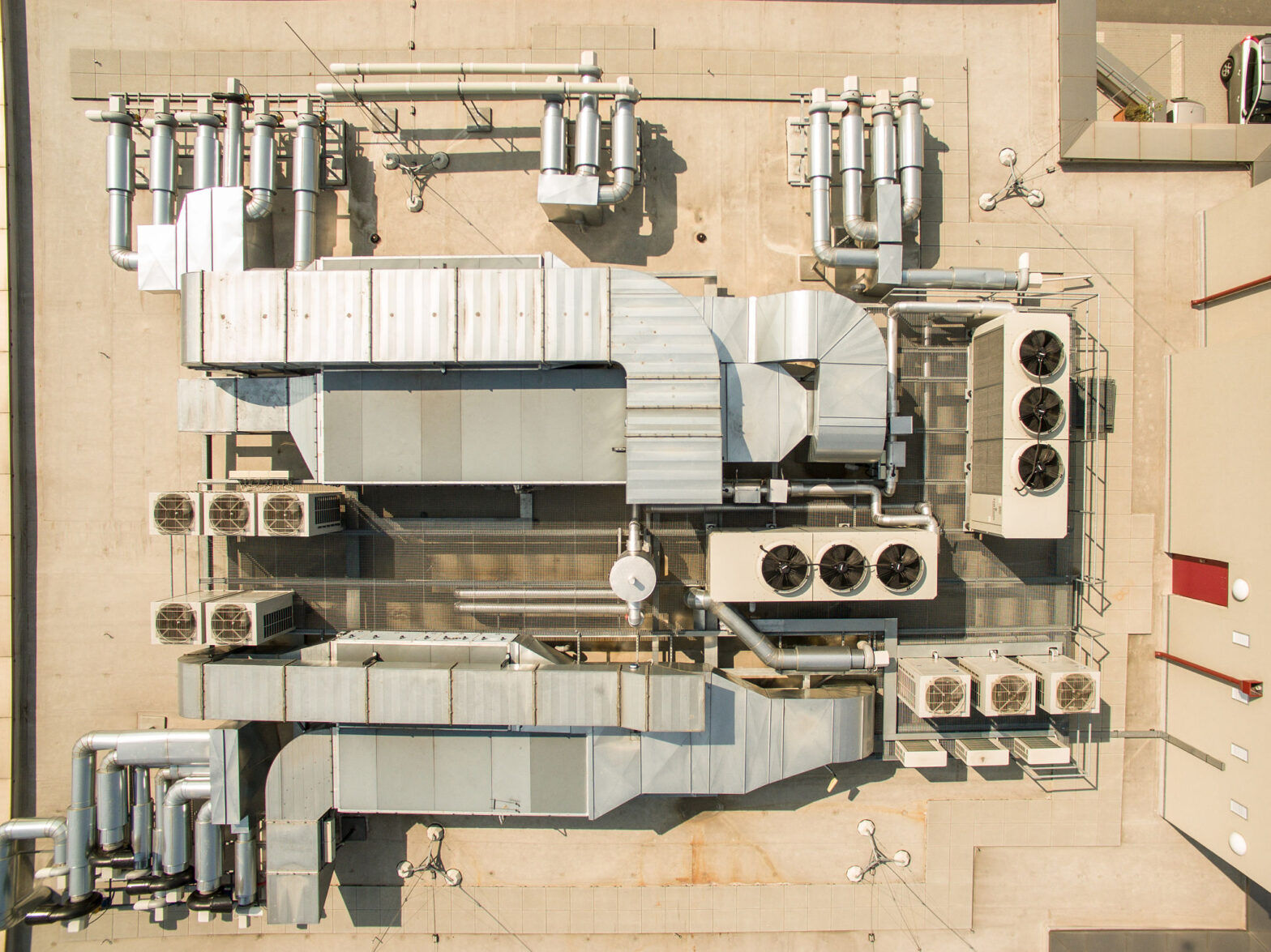Get Familiar With Commercial HVAC Installation

Do you want a new commercial HVAC installation system for your commercial property? If you have a commercial building and the HVAC system is not working properly, then you must change it. You need to know the right HVAC Installation system that suits your needs. Only then can you buy and install the correct HVAC system and get value for your money. To know the right HVAC, you must have a basic knowledge of HVAC systems.
Our site is enthusiastic about energy efficiency and HVAC systems. We accept guest posts about HVAC from guest writers. Pls write for us and send similar articles to us for publication.
Parts of A Commercial HVAC System
Do you know that there is something called an economizer HVAC and an HVAC float switch? They are both HVAC components. An economizer is a tool that is used to conserve energy in an HVAC system. It reduces the amount of energy an HVAC system consumes, thereby reducing your energy fees.
In the cold season, a building’s internal air is warmer than its external air. Hence, there is a need to economize air and energy instead of using a compressor.
There are two types of HVAC economizers; they are waterside and airside economizers.
Airside economizers circulate outside air into the house. It doesn’t recirculate nor cool the air. It just directs the air from the exhaust outside. While waterside economizers evaporate air from water-filled centers to manufacture cold water. You don’t need chillers if you have waterside economizers.
Both waterside and airside economizers converse energy and reduce energy bills. Many urban commercial building owners are purchasing these economizers for their buildings.
On the other hand, a float switch stops an HVAC from overflowing when the air conditioner drain doesn’t work again. Once the drain stops, the water level rises above the normal range, which will then activate the switch. Float switches are important because they are electronic water detector devices for HVACs.
You can find float switches and HVAC economizers in HVAC tool bags.
Things To Know Before An HVAC System Installation
Build Zones:
If your HVAC is without duct, you have the chance to build many zones in the building. The building layout determines how you’ll build a zone. Building different zones can help you determine the amount of heat generated by each zone. This in turn will be a deciding factor in a commercial high voltage AC installation. For instance, you may separate rooms that generate more heat into a zone. Then you can separate rooms that generate less heat into another zone.
Installation Plans:
After deciding on the HVAC that suits your purposes, you need an installation plan in place. If you choose an HVAC with ducts, then you can install the system with your old ductwork. This won’t affect your business. On the other hand, if you have purchased new ductwork, this will affect your business. You have to close your business for some days for the duct and HVAC installations to take place. If you have built zones in your building, you may work in zones that are free from installations while the experts install the systems in other zones. Once the technicians are done with those zones, you can shift back to work there while the technicians move to other zones.
Your Financial Capability:
This is an important factor because you need money to pay for a new commercial HVAC and its installation. Know your financial status to determine the HVAC you can afford. If you don’t have the money to purchase a new HVAC system, then assess the old one at home. Does the old HVAC consume much energy? Is the cost of repair and energy bills more than the cost of a new HVAC? If so, save money and buy an HVAC that works efficiently so that you can save more money.
What Is The Load Capacity:
You need to know the load capacity of your building before installing an HVAC system. If your building is large, then its load capacity is large. Hence, you’ll need to install a commercial high voltage AC. A smaller building will have a smaller load capacity and need a smaller commercial high voltage AC installation. Another thing is to check the surrounding temperature where your building is located. A building that is facing the sun will have more heat. Whereas a building that faces the opposite direction of the sun. One more factor is heat generation inside the building. Do you use equipment that generates much heat in your building? If so, then you need to invest in a commercial high voltage AC installation.
Purchase The Appropriate HVAC System:
Commercial HVACs are of different types in the market. There are HVACs with modern furnaces and there are HVACs with traditional furnaces. Some HVACS have uni-split systems, and some have multiple split systems. Some HVACs have different refrigerant volume and flow systems. If you are confused about which one to choose, consult HVAC specialists for advice. Take them to assess your building size and heating capacity.
Check Out Your Old Ductwork:
When you do an upgrade on your old HVAC, check the state of the old ductwork in the building. Ductworks that are old work inefficiently by losing more than 15 percent of cool ventilation that comes from HVAC. This can increase your electricity/energy bills. Find an expert to help you check your ductworks for cleaning and repairs. If the ductwork is beyond repair, then you may have to purchase a new one. Or you may choose to use a system without duct.
Conclusion
A commercial HVAC installation needs careful consideration and planning. Several factors will determine if you need a commercial high voltage AC installation or not. So, don’t hesitate to find the services of skilled technicians to check out your building and its heat capacity. You might be saving yourself from high energy bills in the future if you do so.
On a final note, remember that we accept guest articles similar to HVAC and energy efficiency here. Send your articles to our website.













